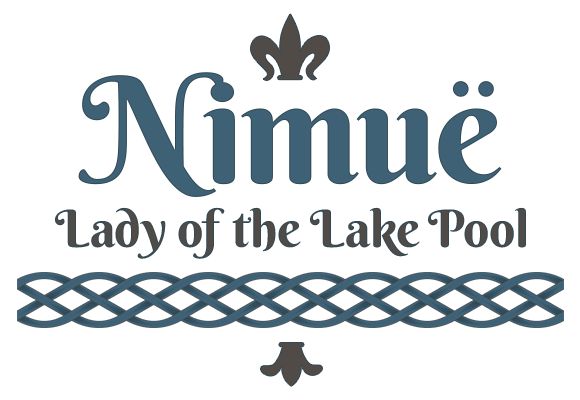— Nimuë will bestow upon you the gift of freedom.
Secure and reliable Belgium based stake pool perpetuating the Cardano vision.
Thank you for checking out our single, mission-driven stake pool. To aid decentralization, we run it from home, connected through robust fiber internet and accompanied by a second relay in the cloud. The end-to-end setup is designed to be secure and reliable. Nimuë donates 10% of pool fees to #TeamTrees and Vétérinaires Sans Frontières. You can track all donations.
Stake your ADA and delegate to Nimuë Lady of the Lake Pool. Questions? Feel free to contact us.
-
₳ 4,132,202live stake
-
102delegators
-
822lifetime blocks
-
2.65 %lifetime ROA
-
₳ 1,000,000pledge
-
₳ 170 + 0 %fixed fee & margin
-
2 relaysconnected to the
Cardano network -
€ 5815donated to VSF,
#TeamTrees and others
- ticker
- NIMUE
- pool id
- 68d8505aea5a000e630f904f8741c1deec9135a729e5df770fe3b659
- bech32
- pool1drv9qkh2tgqqucc0jp8cwswpmmkfzdd898ja7ac0uwm9j5d44tq
- DRep
- drep1ygj02llvuusnhphvhlxf7d2cxhs53twjnwwl5at3zwht4xc6xdgl4
Why stake with Nimuë?
Below are the values that characterize Nimuë Lady of the Lake Pool. If they matter to you too, we’d be happy to welcome you as a delegator.
- Home-operated, secure setup To aid decentralization, we operate our block producer and one relay from home over robust fiber internet, complemented by a second relay in the cloud to strengthen peer connectivity and improve resilience.
- Single pool commitment As a member of the Cardano Single Pool Alliance, we operate only one stake pool.
- High pledge Significant skin in the game encourages careful, long-term operation.
- Competitive fees While we’re growing, fees are kept minimal so delegator rewards aren’t unnecessarily reduced.
- Mission-driven We donate 10% of pool fees, 5% to #TeamTrees and 5% to Vétérinaires Sans Frontières, with donations made at least once per year.
- Active in governance The pool operator also serves as a DRep and stays active in governance discussions shaping Cardano’s future.
- Mithril signer We help produce certified snapshots for fast, trust-minimized syncing, and make Mithril-enabled light wallets more verifiable for users.
- Blockfrost Icebreaker As an Icebreaker participant, we help decentralize how dApps connect to the Cardano blockchain.
- Midnight-ready We support the Midnight ecosystem and have our infrastructure ready to run a validator on mainnet when it becomes available to Cardano stake pools.

Copyright © 2021-2026 - Nimuë Lady of the Lake Pool.

